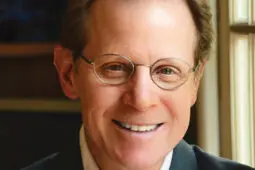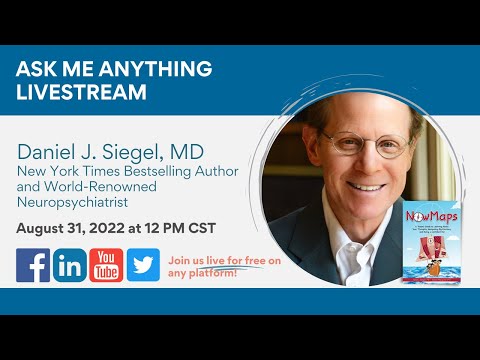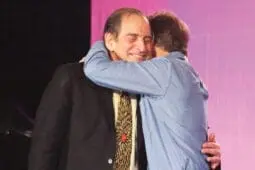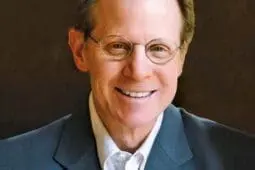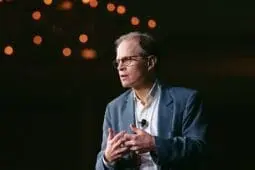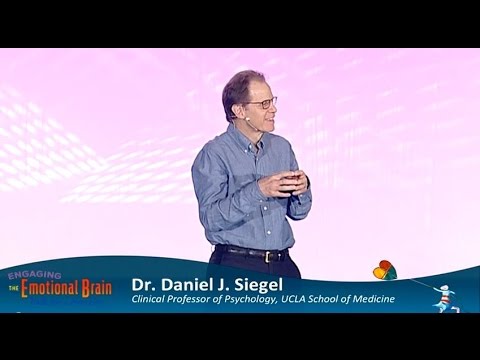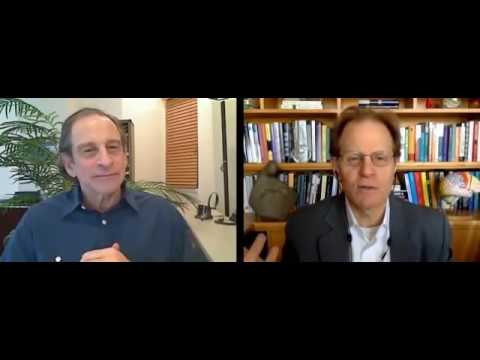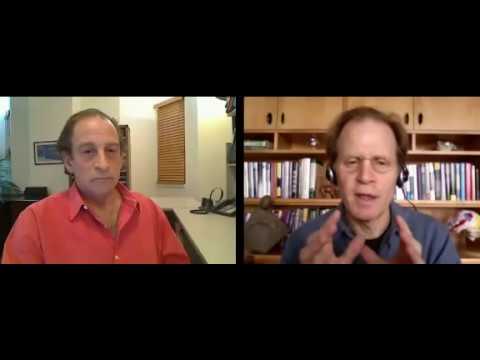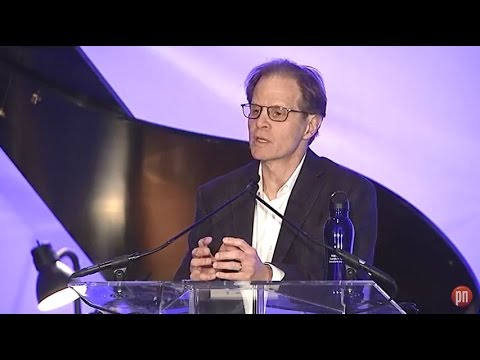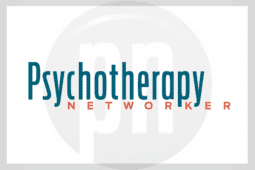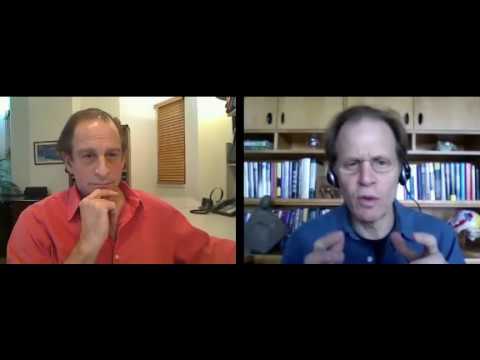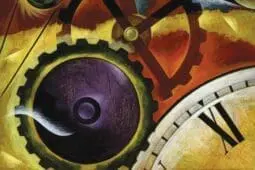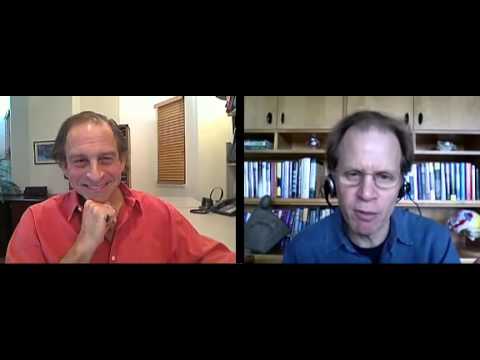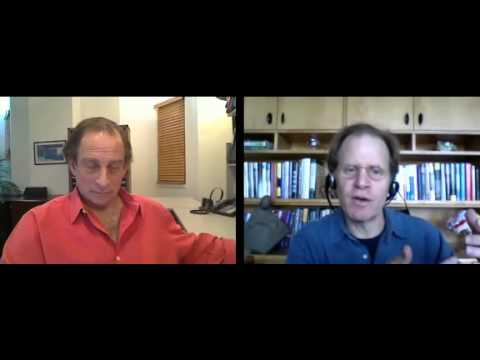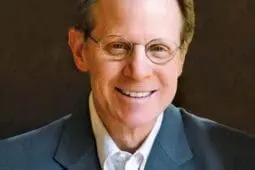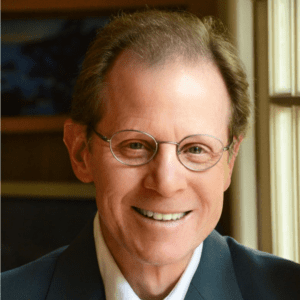Contributed by Dan Siegel
The Ever-Shifting Norms of Psychotherapy
Four Thought Leaders on Our Evolving FieldFour thought-leaders take stock of the shifting contours of our field. Read more
Our field's foremost brain expert connects the dots between scientific advances and our field's evolving view of mental health. Read more
A Global Case of Mistaken Identity
An Interview with Dan Siegel: Can Expanding Our Sense of Self Save Our World?The way we think about connection and relationships can play a pivotal role in reverse-engineering the climate crisis— and therapists need to help. Read more
"You're a Moron"
An Angry Client Embraces Therapy at 92At 92, a pugnacious client discovers that it’s never too late to change. Read more
Daniel J. Siegel, New York Times bestselling author and world-renowned neuropsychiatrist, joined us for an Ask Me Anything LIVE virtual event! Read more
On the Death of My Friend
A Reflection on Bipolar Disorder and SuicideHelping our community understand the suicide of one of modern psychotherapy’s most cherished public figures. Read more
On the Death of My Friend Rich Simon
A Reflection on Bipolar Disorder and SuicideDan Siegel, author and cofounder of the Mindsight Institute, was a close friend of Networker editor Rich Simon for over two decades. Rich's family has asked... Read more
The Healthy Mind Platter
Giving PresenceOur minds are more than what happens inside our skulls, and even in our bodies. They’re fully embodied, and they’re fully relational. Here are seven daily... Read more
Consciousness and Connection
Highlights from SymposiumIt’s hard to think of anyone who's had more influence on our field than neuropsychiatrist Dan Siegel. His far-ranging keynote proposed that the integration... Read more
VIDEO: Dan Siegel on Embracing the Energy and Creativity of the Adolescent Mind
Why Adolescent Behavior is More Than Just Raging HormonesIn his Symposium address, Dan Siegel challenged some common myths about adolescence and suggested that the aspects of adolescence that can drive us... Read more
VIDEO: Dan Siegel on Engaging Teen Clients
They're More Interested in Brain Science Than You ThinkDan Siegel knows that nobody—especially an angst-filled teenager—likes being told what to do. That’s why he takes a more roundabout approach to... Read more
VIDEO: What's the Difference Between Brain and Mind? Dan Siegel Explains
The Distinctions between Neuroscience and PsychotherapyWith all the buzz about brain science, is it possible to lose sight of the mind? Dan Siegel, a pioneer in the applications of brain science to psychotherapy... Read more
VIDEO: Dan Siegel on the Therapist's Mission in the Modern Age
Attending to How We Relate to Each Other and the PlanetIn this video clip from his 2015 Networker Symposium Keynote address, "Healing and Hope in the Human Age," psychiatrist and bestselling author Dan Siegel... Read more
When All Else Fails
Stories of Vulnerability and PossibilityThe self-assurance of expert practitioners who publicly present their work can lead everyday therapists to believe that psychotherapy is a far more predictable... Read more
The Science of Consciousness and the Future of Psychotherapy
Dan Siegel on Rising Above the Brain's LimitationsIn his 2017 Networker Symposium keynote address, neuropsychiatrist Daniel Siegel challenged the audience to move beyond the limiting concept of the “separate... Read more
VIDEO: Dan Siegel Explains Why Brain Integration is the Key to Good Mental Health
Here's What a Healthy Mind Looks LikeAccording to Dan Siegel, understanding the connection between the brain and the miraculously various operations of the human mind and body is the first step in... Read more
Then, Now & Tomorrow
Oral Histories of Psychotherapy 1978-2017A group of innovators and leaders look back over different realms of therapeutic practice and offer their view of the eureka moments, the mistakes and... Read more
VIDEO: A New Way to Engage Teen Clients
Dan Siegel on the Power of Teenage BrainDan Siegel, author of Brainstorm: The Power and the Purpose of the Teenage Brain, knows that nobody—especially an angst-filled teenager—likes being told... Read more
VIDEO: Assessing the Unintegrated Brain
How to Change the Brain in TherapyIt’s one thing to throw around the scientific-sounding language of brain science, it’s another to actually develop concrete clinical procedures based on... Read more
Teaching Neuroscience to Our Clients
How One Client Effectively Applied Dan Siegel’s Neurobiology LessonPsychotherapy Networker Founder Rich Simon listens to Dan Siegel about neuron "sponges," empathy, and how it all impacts depression. Read more
The Verdict Is In
The Case for Attachment TheoryFifty years of research has confirmed that the emotional quality of our earliest attachment relationships is central to our well-being as adults. Read more
Complexity Choir
The eight domains of self-integrationAs unlikely as it may sound, the mathematics of complexity theory could offer us the key to the elusive secrets of mental health and personal well-being. Read more
A Week of Silence
Quieting the Mind and Liberating the SelfHow would it feel to sit completely still for a week, not communicating with anyone, just tuning in to the seemingly chaotic jumble of your own thoughts? A... Read more
Dan Siegel
Dan Siegel, MD, is the founder and director of education of the Mindsight Institute and founding codirector of the Mindful Awareness Research Center at UCLA, where he was also coprincipal Investigator of the Center for Culture, Brain and Development and clinical professor of psychiatry at the School of Medicine. An award-winning educator, he’s the author of five New York Times bestsellers and over 15 other books, which have been translated into over 40 languages. As the founding editor of the Norton Professional Series on Interpersonal Neurobiology (IPNB), he’s overseen the publication of over 100 books in the transdisciplinary IPNB framework, which focuses on the mind and mental health. A graduate of Harvard Medical School, Dan completed his postgraduate training at UCLA specializing in pediatrics, and adult, adolescent, and child psychiatry. He was trained in attachment research and narrative analysis through a National Institute of Mental Health research training fellowship focusing on how relationships shape our autobiographical ways of making sense of our lives and influence our development across the lifespan.


